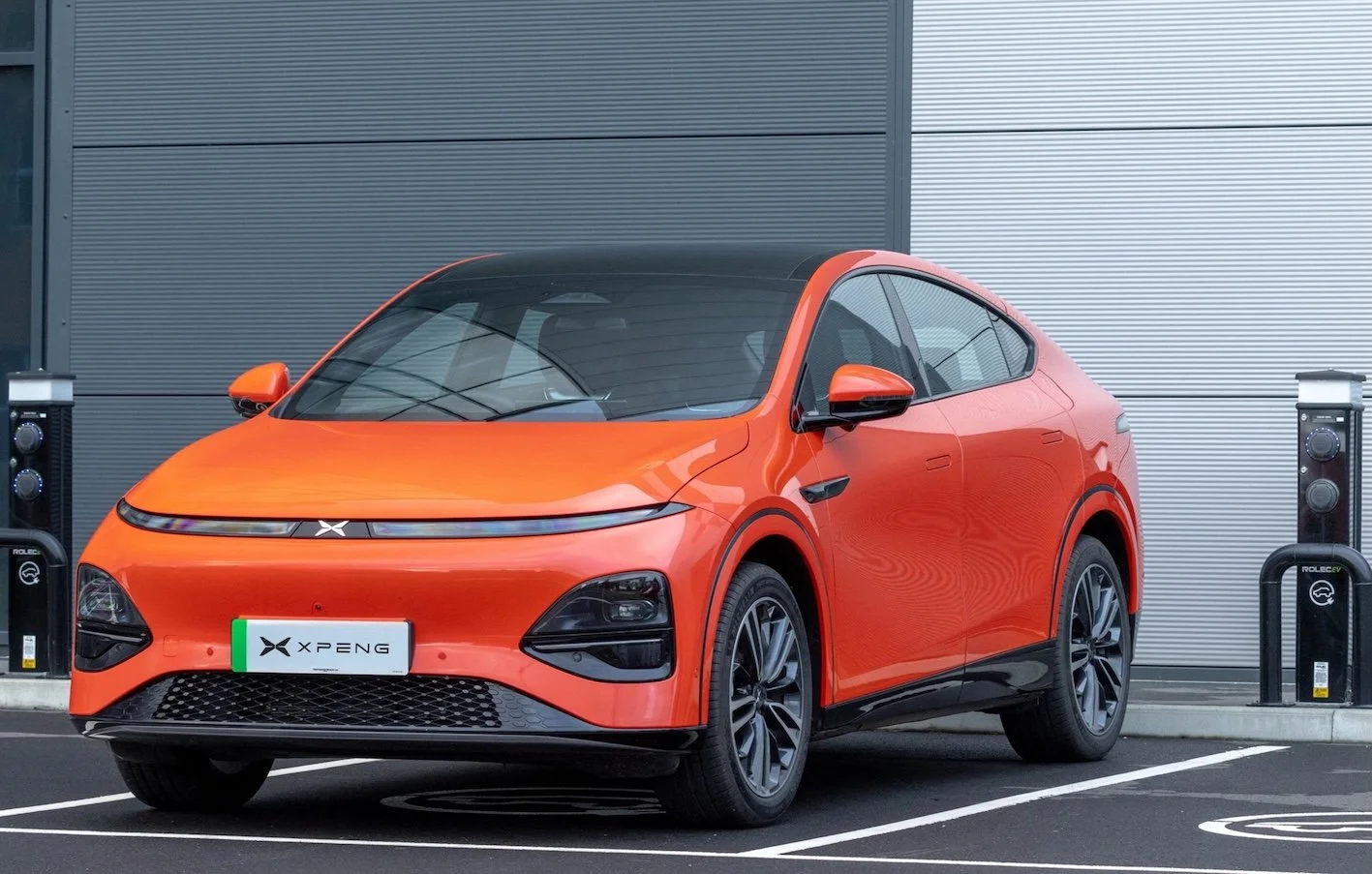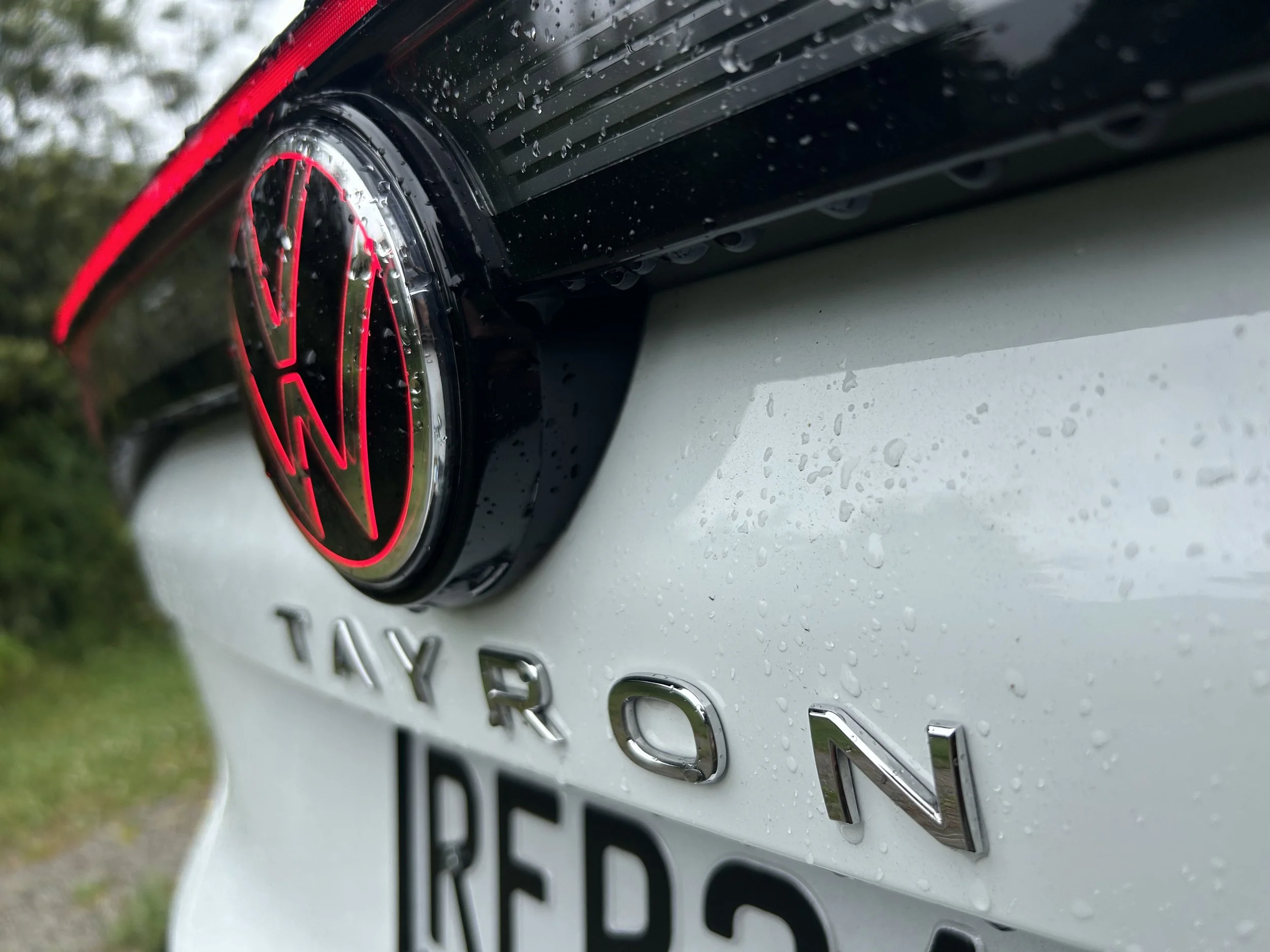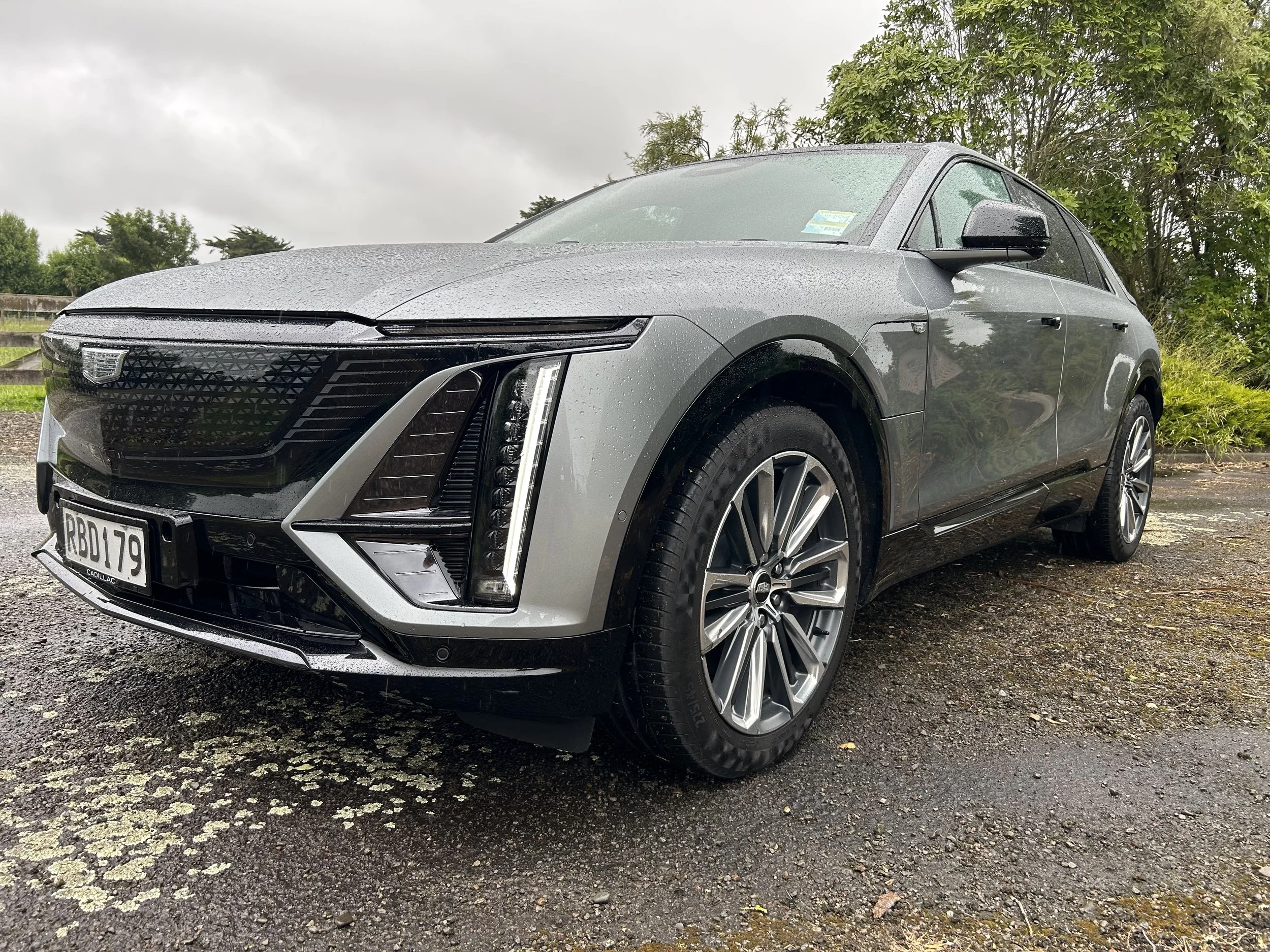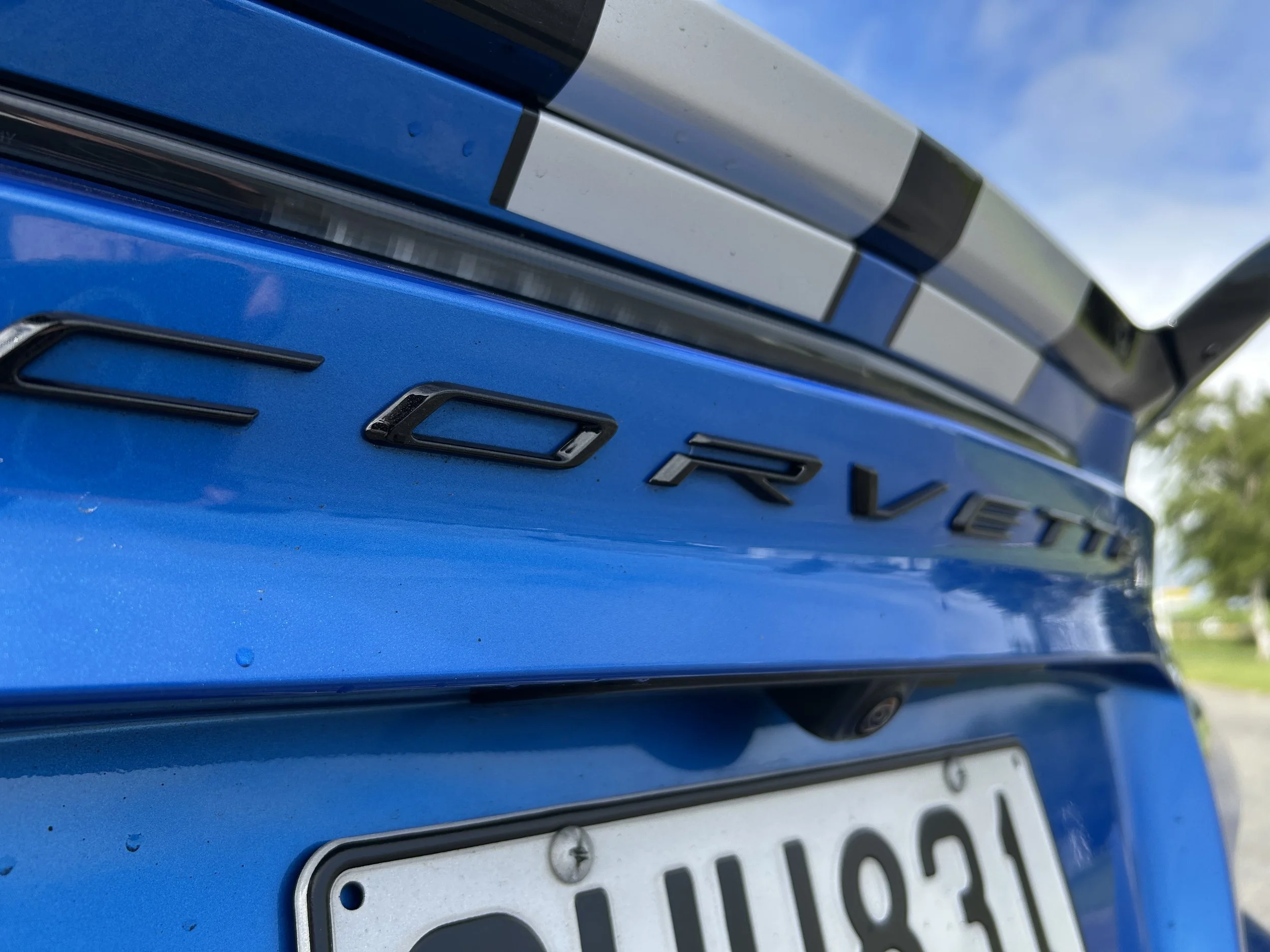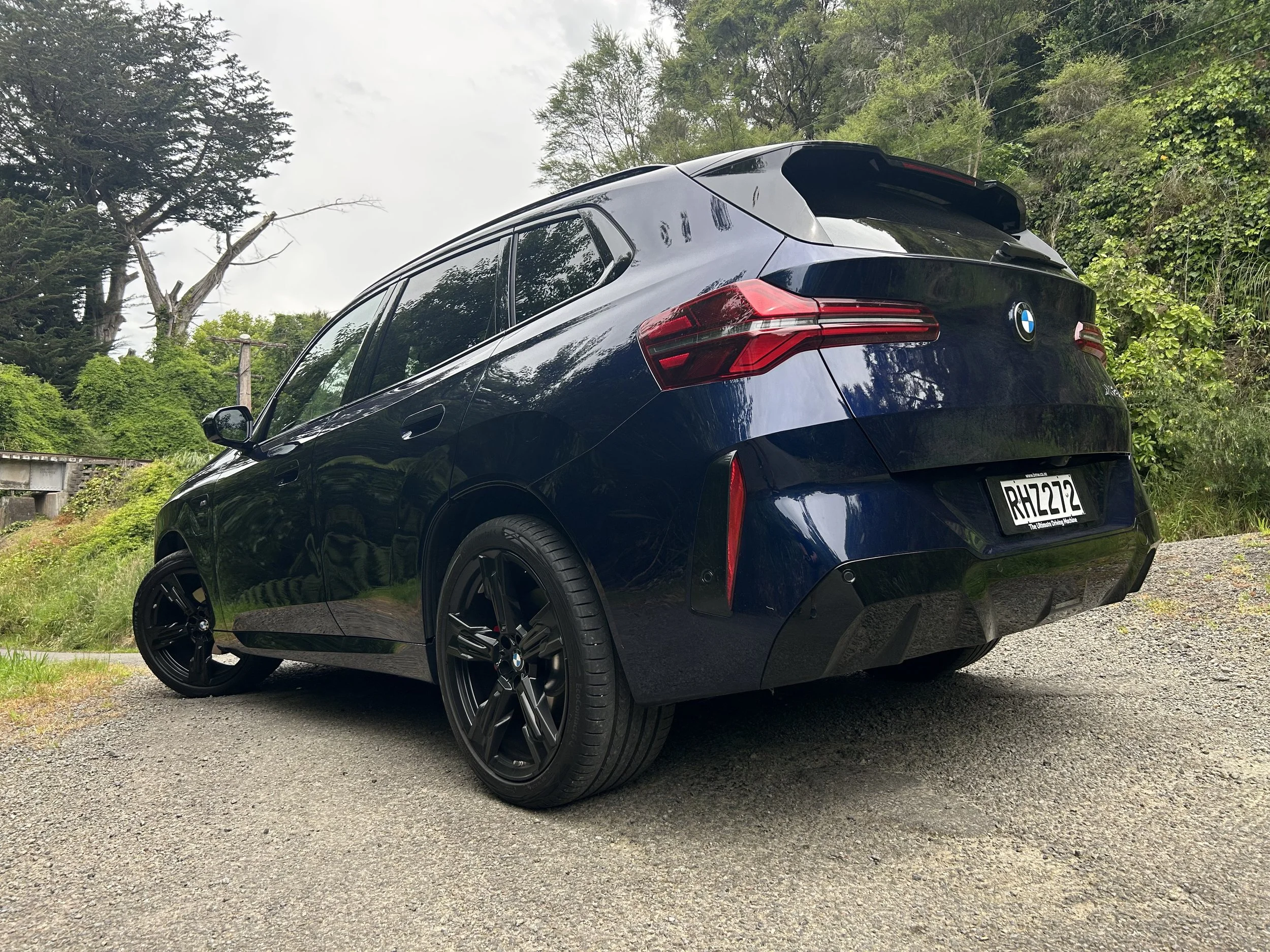Tesla recall unseen by NZ?
/It’s unclear if a worrisome Telsa infotainment glitch will become a problem for NZ owners.
THE national car safety recall database appears yet to note an action affecting two Tesla models.
NZTA’s vehicle safety recalls page does not signal an infotainment system recall, that seems to be slowly spreading into the cars’ international markets.
The United Kingdom is the latest place where regulators have pushed for action to remedy a problem that prevents drivers from using certain safety features.
The most recent Tesla recall on the NZTA site is for Model S cars, built in the period 2014 to 2016, to address a potential airbag fault.
This latest action is of significant scale in the United States, where it triggered.
Tesla there is chasing up almost 135,000 Model S sedans and Model X there following disclosure from the National Highway Traffic Safety Administration (NHTSA) that infotainment displays are at risk of failing.
Originally, the recall only affected US cars built before 2018 – but Tesla has since expanded the programme’s reach to UK cars of the same age.
The firm says the recall is voluntary and is only required if the owner’s infotainment system is exhibiting signs of failure. The number of affected cars in the UK is unknown.
Teslas are reliant on their infotainment systems for key vehicle functions – and the faulty units in these earlier cars have reportedly prevented owners from using safety features such as the car’s rear view camera, and essentials like the indicators. A failure also means that drivers cannot access the windscreen defrost function, which the NHTSA said could pose a significant safety concern in adverse weather.
The inquiry has been ongoing since June of last year, and initially,
Tesla to remedy the issue with over-the-air software updates and targeted repairs. However, NHTSA wasn’t satisfied with the quick fix and has requested an organised recall.
NHTSA has narrowed the issue down to a memory device. The infotainment hardware is only rated for 3000 programme-erase cycles before wearing out – after which it struggles to prevent the data it stores from becoming corrupted.
This means the infotainment screen doesn’t have access to all of its software, which causes the loss of functions.
Tesla says it will upgrade its old 8GB memory device with a new 64GB unit as part of the recall.
However, Al Prescot, Vice President of Tesla’s legal department, said the hardware troubles demonstrated the problem of “electronic components becoming increasingly more complex, while the expected useful life of vehicles has grown substantially.”
Prescot also said that Tesla’s first-generation infotainment system was only expected to last between five and six years under average daily usage conditions, due to the finite capacity of the unit’s storage hardware.
Tesla is keen to stress that it was aware of the problem and has already updated the storage devices in some of its older cars. However, the affected owners paid to have the issue resolved – and, in the places where the problem has been flagged as an official recall, Tesla says it will refund the relevant customers.






